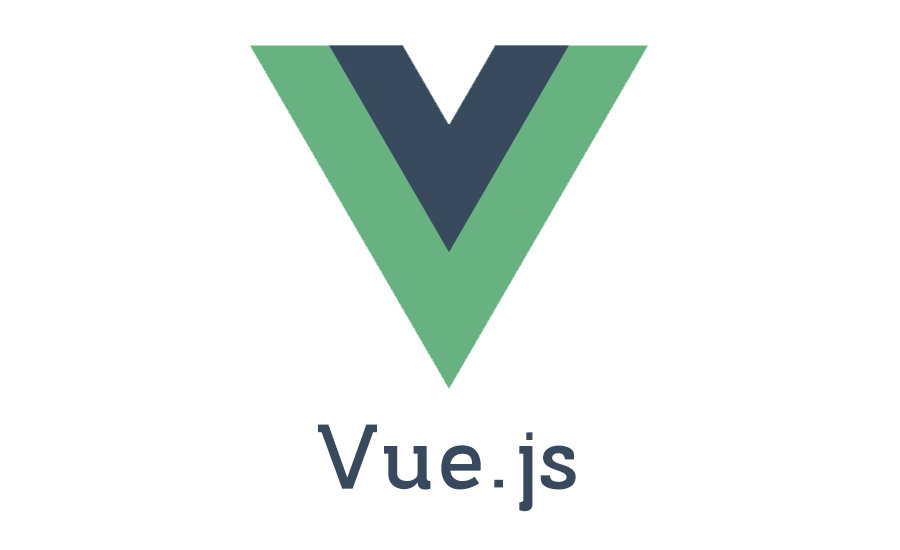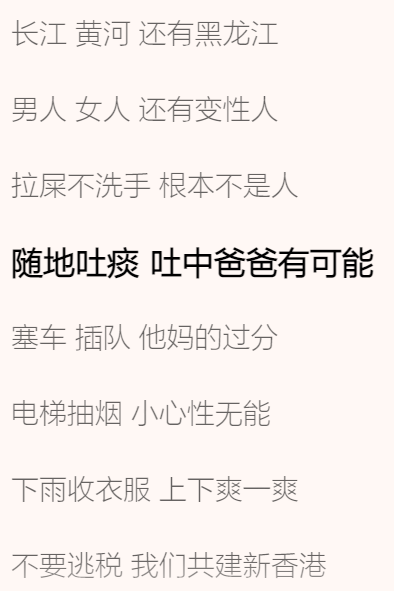联合类型
有时可能出现一个变量需支持多种类型的情况
1
2
3
4
5
6
7
8
9
10
|
let phone:number|string
phone = 13000000000
phone = "130-0000-0000"
phone = false
const fn = function(type:number|boolean):boolean {
return !!type
}
|
交叉类型
有时可能出现需要将两个类型(接口)合并的情况
1
2
3
4
5
6
7
8
9
10
11
12
13
14
15
16
17
18
19
20
| interface People {
name:string,
age:number
}
interface Place {
address:string
}
const live = (man:People&Place):void=> {
console.log(man)
}
live({
name:"yajue",
age:24,
address:"下北泽"
})
|
类型断言
告诉TS某个变量一定是某个类型
1
2
3
4
5
6
7
8
9
10
11
12
13
14
15
16
17
18
19
20
21
22
23
24
25
26
| let fn = (str:number|string):void=> {
console.log((str as string).length)
}
fn("12345")
fn(67890)
interface A {
foo:string
}
interface B {
bar:string
}
let fn2 = (foobar:A|B):void=> {
console.log((foobar as A).foo)
}
fn2({foo:"yajue"})
fn2({bar:"yjsp"})
|
类型断言常用在使用服务器环境全局变量的场景中
1
2
3
4
|
window.abc = 123
(window as any).abc = 123
|
类型断言只能欺骗TS编译器,并不会真的去转换类型
1
2
3
4
5
6
| const fn = (type:any):boolean=> {
return type as boolean
}
console.log(fn(1))
console.log(fn("yajue"))
|
也可以使用as const对字面量进行断言,它与用const定义常量是有区别的
1
2
3
4
5
6
7
8
9
10
11
12
| let name1 = "nyn" as const
const name2 = "yajue"
name1 = "mouse"
name2 = "yjsp"
let a1 = [10, 20] as const
const a2 = [10, 20]
a1.unshift(30)
a2.unshift(30)
|











